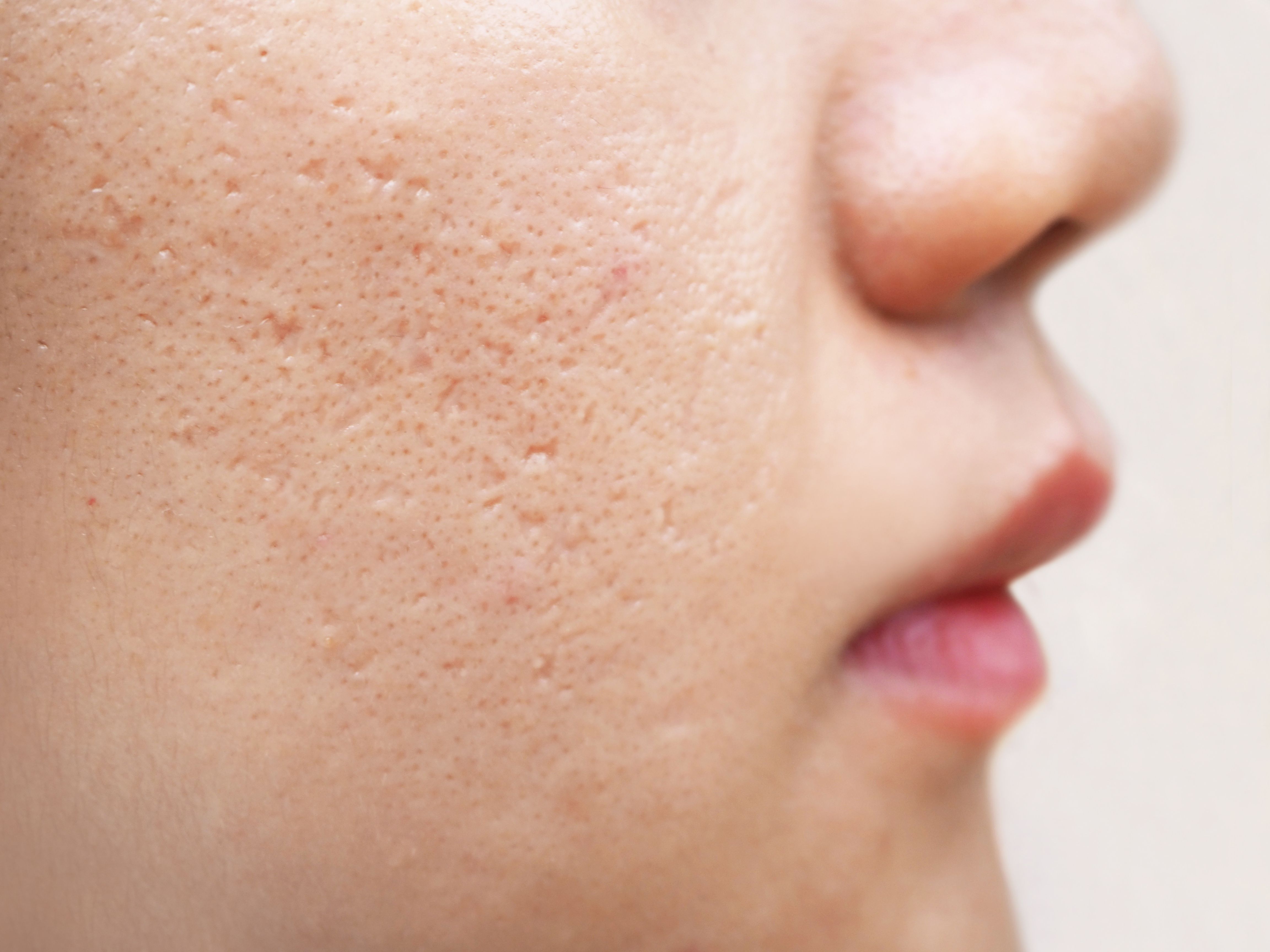- Acne
- Actinic Keratosis
- Aesthetics
- Alopecia
- Atopic Dermatitis
- Buy-and-Bill
- COVID-19
- Case-Based Roundtable
- Chronic Hand Eczema
- Chronic Spontaneous Urticaria
- Drug Watch
- Eczema
- General Dermatology
- Hidradenitis Suppurativa
- Melasma
- NP and PA
- Pediatric Dermatology
- Pigmentary Disorders
- Practice Management
- Precision Medicine and Biologics
- Prurigo Nodularis
- Psoriasis
- Psoriatic Arthritis
- Rare Disease
- Rosacea
- Skin Cancer
- Vitiligo
- Wound Care
Article
Less isotretinoin monitoring?
The lack of serious laboratory abnormalities in patients on isotretinoin suggests that reduced monitoring may suffice.
With vague label recommendations and no consensus guidelines for monitoring patients on isotretinoin, dermatologists' practices in this regard differ considerably. A recent survey supplements a growing body of literature suggesting that perhaps some dermatologists are over-monitoring.
Regrettably, wrote authors led by Julia G. Hobson, M.D., the iPLEDGE program has not significantly reduced the number of pregnancy exposures in patients taking isotretinoin.1 She is a former University of Vermont dermatology resident who now practices in Omaha, Nebraska. The article appeared in the June 2017 Journal of Drugs in Dermatology.
Pregnancy exposures aside, wrote Hobson et al., most adverse effects of isotretinoin – cheilitis, eczema, fatigue and others2 – are generally tolerable, dose-dependent and reversible.
To explore how American dermatologists monitor patients on isotretinoin, study authors invited nearly 12,000 American Academy of Dermatology members to complete a 12-question online survey. Ultimately, 2,305 dermatologists responded, 70% of whom practiced general dermatology more than half the time.
At baseline, approximately 60% of respondents order a lipid panel, liver function test (LFT) and complete blood count (CBC); 57% monitor CBC monthly – although a population-based analysis has shown that absent clinical suspicion, monitoring CBC provides little value.3
Although "pan-laboratory monitoring" is generally recognized as inefficient, "The package insert for isotretinoin recommends monitoring that is both vague and intensive." It recommends checking lipids and LFTs weekly or biweekly "until the response is established." Most survey respondents (75%) reported doing these tests monthly.
The most common serious adverse event was severely elevated triglycerides – 40% of respondents reported witnessing 3 times normal levels, or 480/405 mg/dL for men and women, respectively. Other studies have shown similar rates of triglyceride abnormalities, which typically develop within 2 months of starting therapy and return to baseline one month after therapy concludes.
While there is no clear level at which hypertriglyceridemia can cause acute pancreatitis, most U.S. dermatologists do not alter management until triglycerides reach 4 times normal levels. In the survey, 72% of respondents would stop isotretinoin at this level, and only 26% would add a lipid-lowering agent when triglycerides reach 3 times normal. However, due to a low risk of pancreatitis at such levels, the package insert for the triglyceride-lowering agent gemfibrozil recommends treating at levels above 1,000 mg/dL.
Considering the available literature and low incidence of adverse events on isotretinoin, study authors wrote, "Less monitoring is probably required. As we move towards cost-effective care, we will likely be measured the quality of the care we deliver. Over-monitoring may no longer be justified or considered a good use of resources." Key sources respondents used to guide isotretinoin monitoring included residency training (72%), personal experience (58%) and textbooks (22%; the survey allowed multiple responses.)
Neal Bhatia, M.D., said that this single-site survey-based report supplements observations of a 2016 JAMA Dermatology review that found no support for monthly laboratory testing of lipid levels, liver function and CBC at standard isotretinoin doses used for acne.4 Although isotretinoin is associated with a statistically significant change in the mean value of several laboratory tests, these authors wrote, mean changes across patient groups failed to meet high-risk criteria, and the proportion of patients with laboratory abnormalities was low. This study recommends, as others do, performing laboratory monitoring from baseline through the first one to 2 months of isotretinoin therapy, with any subsequent testing guided by baseline abnormalities and medical history.
"The vast majority of dermatologists, up to 70% depending on which state and demographic factors, have adopted the JAMA article's recommendations and have not had any change in outcomes. We have done the same for our office, and it has led to better patient satisfaction" without changing screening for any dose-limiting issues, said Dr. Bhatia who is director of clinical dermatology at Therapeutics Clinical Research in San Diego. "If there is any concern, an extra lab panel is drawn during the scheduled treatment plan."
Regarding study limitations, authors wrote, "Although the survey is the largest of its kind, the low response rate creates a selection bias, and respondents are likely not representative of American dermatologists in general."
DISCLOSURES:
Study authors report no relevant financial interests. Dr. Bhatia is an investigator and consultant for Promius/Dr. Reddy's and SunPharma.
REFERENCES:
1. Shin J, Cheetham TC, Wong L, et al. The impact of the iPLEDGE program on isotretinoin fetal exposure in an integrated health care system. J Am Acad Dermatol. 2011;65(6):1117-1125.
2. Rademaker M. Adverse effects of isotretinoin: a retrospective review of 1743 patients started on isotretinoin. Australas J Dermatol. 2010;51(4):248-253.
3. Zane LT, Leyden WA, Marqueling AL, Manos MM. Arch Dermatol. 2006;142(8):1016-1022.
4. Lee YH, Scharnitz TP, Muscat J, Chen A, Gupta-Elera G, Kirby JS. Laboratory monitoring during isotretinoin therapy for acne: a systematic review and meta-analysis. JAMA Dermatol. 2016;152(1):35-54.
Newsletter
Like what you’re reading? Subscribe to Dermatology Times for weekly updates on therapies, innovations, and real-world practice tips.











